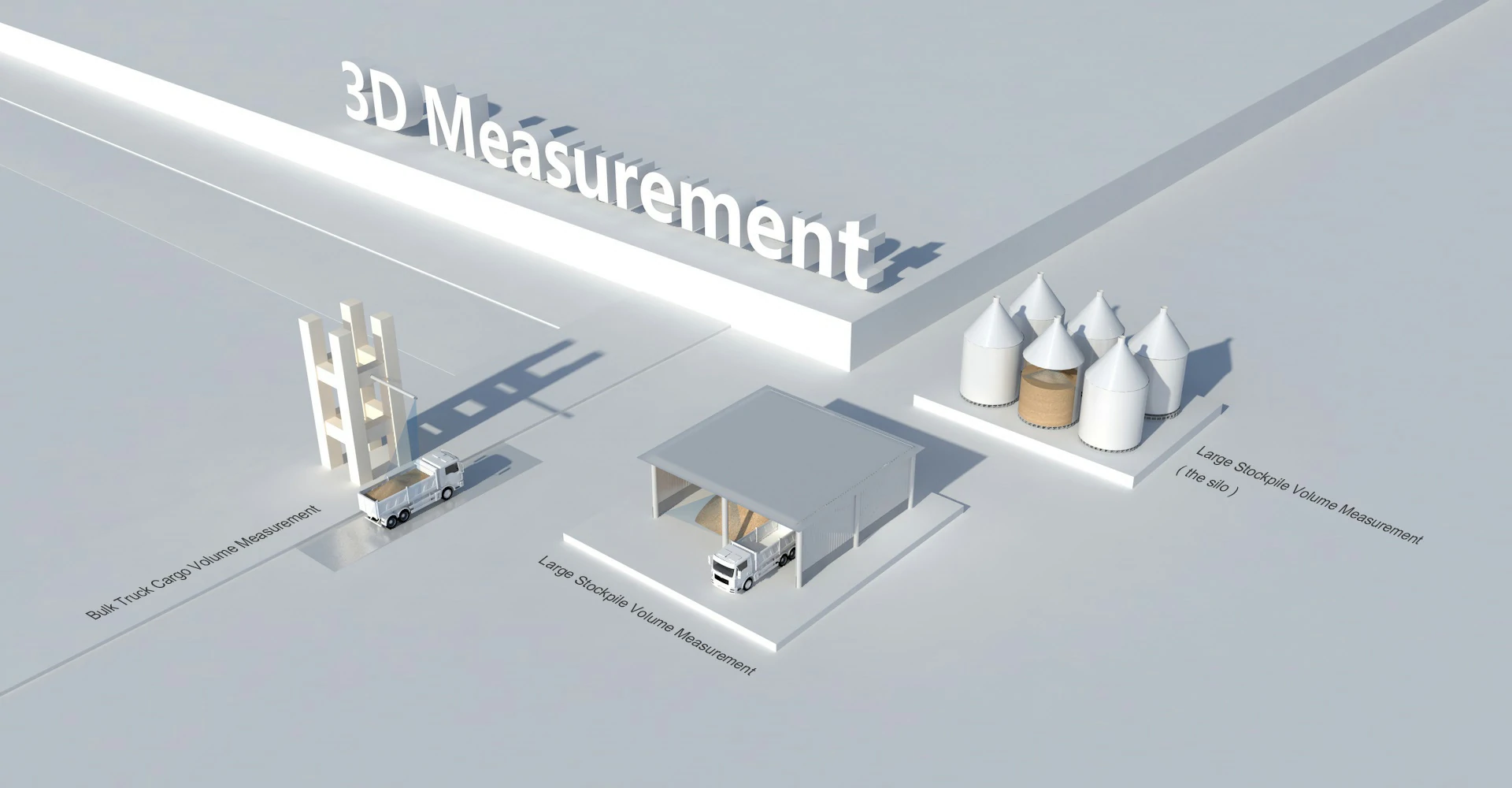
What is SOLID STATE LIDAR
SOLID STATE LIDAR, also known as solid-state Light Detection and Ranging, is a type of LIDAR technology that uses solid-state components such as semiconductors to emit and detect laser pulses for measuring distances and creating high-resolution 3D maps. Unlike traditional mechanical LIDAR systems that use moving parts like rotating mirrors, solid-state LIDAR is more compact, reliable, and durable due to its solid-state design. This technology is increasingly being used in autonomous vehicles, robotics, and industrial applications for its improved performance and cost-effectiveness. In summary, SOLID STATE LIDAR is an advanced sensing technology that utilizes solid-state components to provide accurate and real-time 3D mapping capabilities for various applications.
The Main Technology in SOLID STATE LIDAR
SOLID STATE LIDAR technology is a cutting-edge innovation that utilizes solid-state components such as semiconductors to emit and detect light pulses for high-resolution 3D mapping and object detection. Unlike traditional mechanical LiDAR systems that rely on moving parts, SOLID STATE LIDAR offers a more compact and reliable solution with faster scanning speeds and improved durability. By using advanced semiconductor materials like silicon or gallium nitride, SOLID STATE LIDAR devices can achieve greater efficiency and accuracy in capturing detailed spatial information, making them ideal for applications in autonomous vehicles, robotics, and industrial automation. In summary, the main technology in SOLID STATE LIDAR involves leveraging solid-state components to enhance LiDAR performance and reliability for various real-world applications.


Applications of SOLID STATE LIDAR
Solid-state LiDAR technology is revolutionizing various industries with its compact size, high resolution, and reliability. One of the key applications of solid-state LiDAR is in autonomous vehicles, where it plays a crucial role in enabling accurate object detection and mapping of the surrounding environment. Additionally, solid-state LiDAR is used in robotics for navigation and obstacle avoidance, in agriculture for precision farming, and in industrial automation for monitoring and inspection tasks. Its ability to provide real-time 3D imaging makes it an essential tool in a wide range of applications that require precise distance measurements and object recognition.
Benefits of SOLID STATE LIDAR
Solid-state lidar technology offers several benefits over traditional mechanical lidar systems. One of the key advantages is its compact and robust design, which allows for easier integration into various vehicles and devices. Solid-state lidar also has a longer lifespan and requires less maintenance compared to mechanical lidar, making it a cost-effective solution in the long run. Additionally, solid-state lidar provides higher resolution and accuracy in detecting objects and obstacles, enhancing the overall performance and safety of autonomous vehicles and other applications. In summary, the benefits of solid-state lidar include compact design, durability, low maintenance requirements, and improved detection capabilities.

LiDAR in Construction Monitoring
Neuvition's Titan series LiDAR sensors offer high-precision 3D scanning capabilities
ideal for construction site monitoring. The Titan M1 series, with its long-range and
high-resolution features, can capture detailed site data for accurate progress tracking
and volumetric measurements.
Neuvition LiDAR Products Overview

Titan S2
Specialized for specific industrial uses.
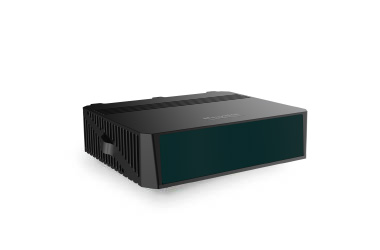
NeuX1
Next-generation LiDAR technology with enhanced capabilities.
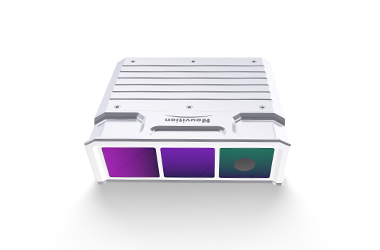
Titan M1 Series
Long-range, high-resolution LiDAR sensors for various applications.

Titan W1
Designed for wide-angle scanning in challenging environments.
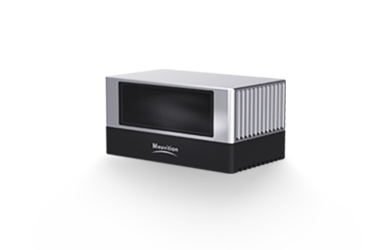
Titan P1
Compact and versatile for mobile and robotics applications.
Neuvition LiDAR Products Overview
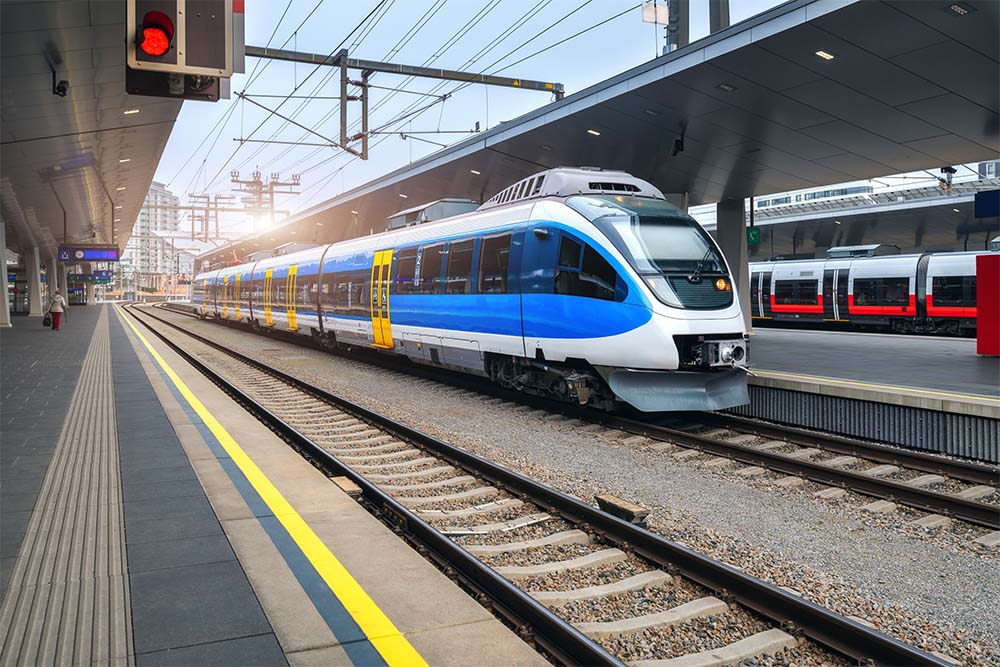
Railway Collision Avoidance
Enhancing safety in rail transportation.
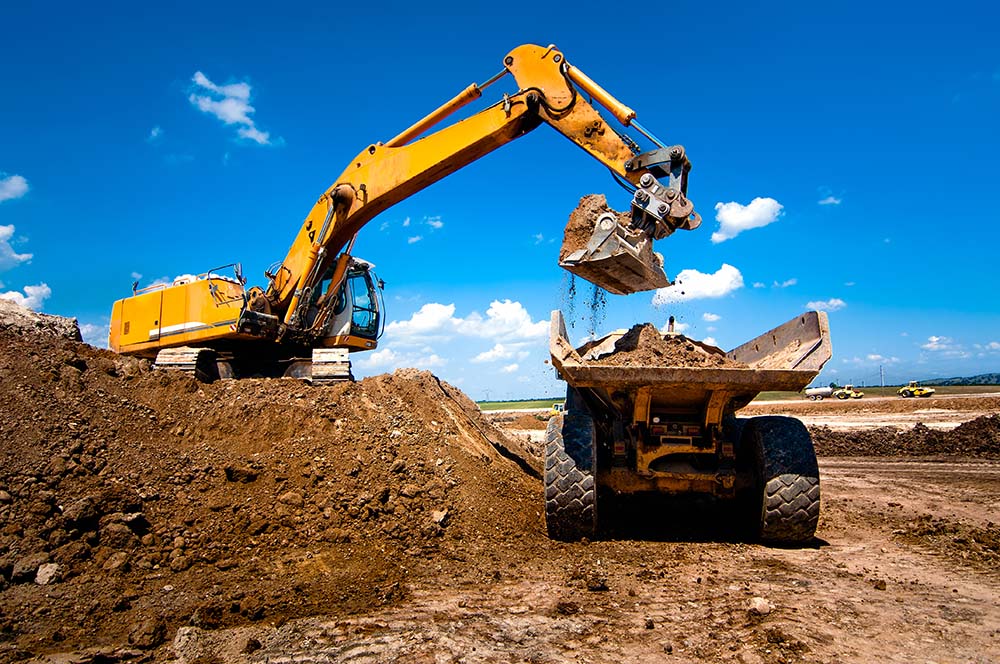
Volume Measurement
Accurate 3D volume calculations for industries like mining and construction.

Smart Highway
Improving road safety and traffic management.

Robotics
Enabling precise navigation and object detection for autonomous robots.
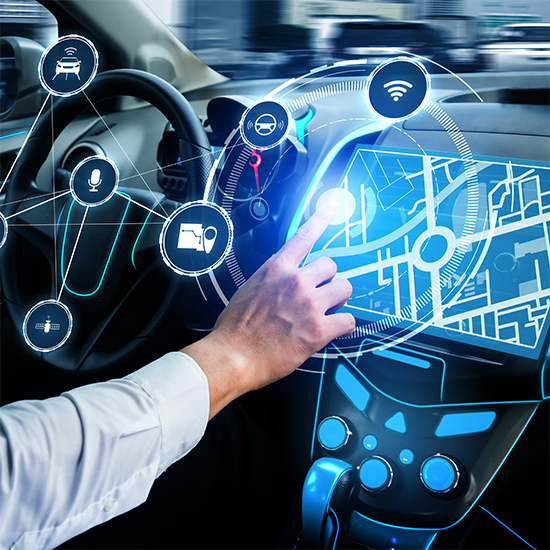
Autonomous Driving
Advanced sensing for self-driving vehicles.
Application Areas of LiDAR
Benefits of Using LiDAR

High accuracy and
precision in 3D mapping

Real-time data
collection and processing

Ability to penetrate vegetation
and capture ground topography

Efficient large-scale
surveying and mapping

Enhanced safety in
autonomous systems

Improved decision-making
with detailed spatial information
Software Solutions for LiDAR
Neuvition provides software solutions to complement its hardware, including point cloud processing and analysis
tools, real-time visualization software, a data integration platform for enterprise applications, and customized
algorithms tailored to specific industry needs.

Success Stories
MetroInnovate Urban Solutions improved traffic flow by 15% after implementing Neuvition's Smart Highway system. Emily Parker, the Director of Smart City Development, played a key role in deploying this system to enhance urban traffic management and reduce congestion.

BuildMaster Construction reduced project timelines by 20% using Neuvition's LiDAR-based site monitoring solution. Michael Thompson, the COO, led the adoption of this technology, focusing on improving efficiency and project management.

DeepCore Mining increased excavation efficiency by 25% with Neuvition's volume measurement solution. Robert Lin, the Head of Operations, was instrumental in integrating this technology to optimize resource extraction and operational productivity.

FAQ












Contact Us
If you have any questions or suggestions, please leave a message, we will get in touch with you within 24 hours!
